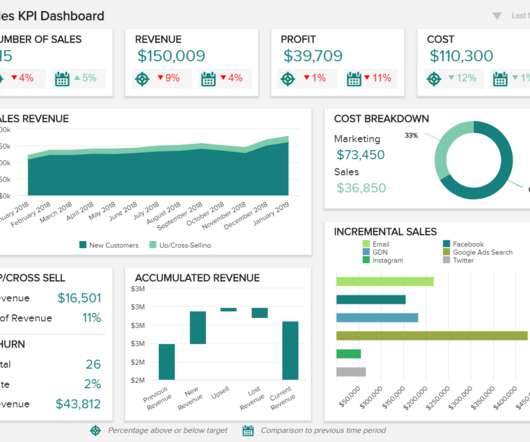Building cyber resiliency for your data with IBM FlashSystem
IBM Big Data Hub
DECEMBER 14, 2023
While the need for reliable, resilient, recoverable and corruption-free data governance has long been achieved by a backup and recovery routine, more modern techniques have been developed to support proactive measures that protect against threats before they occur. Cyber resiliency goes beyond mere cybersecurity measures.













Let's personalize your content